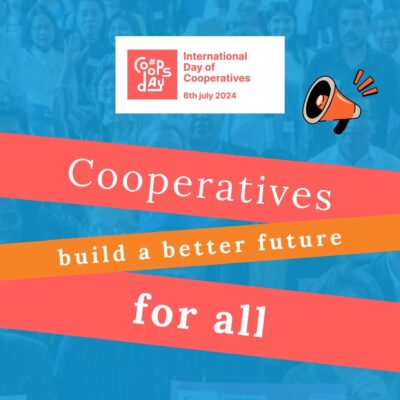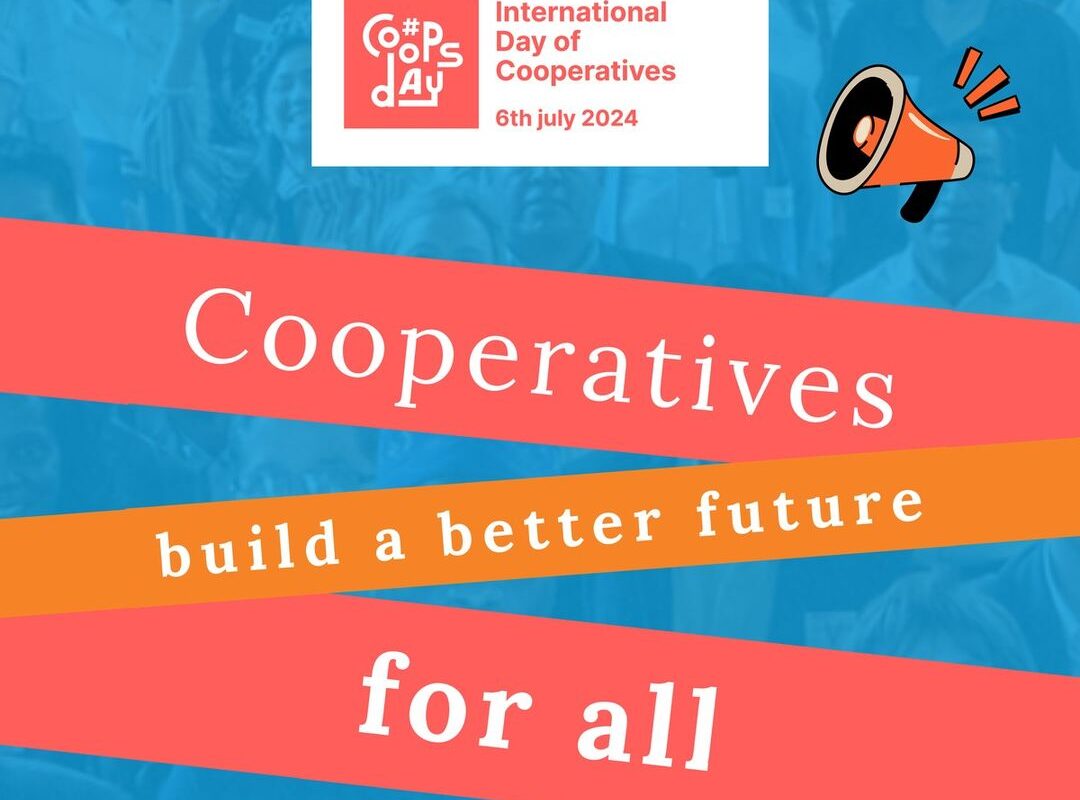 Whether you consider the cooperative model to be market socialism or an alternative, both are opportunities to position it in opposition to pure capitalism. Cooperatives are one strategy to transition from a society that focuses on capitalist profit to one that focuses on human needs.
Whether you consider the cooperative model to be market socialism or an alternative, both are opportunities to position it in opposition to pure capitalism. Cooperatives are one strategy to transition from a society that focuses on capitalist profit to one that focuses on human needs.
Chances are you’ve bought products and services from a cooperative business and you’ve probably even belonged to a co-op of some kind. Cooperatives fall into 4 general categories:
- Consumer co-ops: A group of people that buy goods together such as food and housing co-ops (the most common type).
- Producer co-ops: Producers buy and share production materials such as tractors and seeds (very common worldwide in agriculture).
- Worker owned and managed co-ops: Workers produce products and services collectively and equitably.
- Marketing co-ops: A group of businesses offering products or services that come together to sell their products and share administrative, marketing, and distribution costs.
In rural areas, like eastern Montana, telephone and electrical services are provided by co-ops. In urban areas, you may belong to a daycare co-op or purchased services from a landscaping or cleaning services co-op. You may get your healthcare or legal services from a cooperative. You may buy your groceries at a food co-op.
Read More About Co-ops
Natural Food Co-ops: Putting Local Sourcing into Practice
Rick Adamski, Full Circle Farm, on Co-operatives and Partnerships
Kelly Wiseman, Bozeman Community Food Co-op
By Land or By Sea: Port Townsend Food Co-op
Food Front Co-op: Different Is Good
Central Co-op – Strongly Committed to Democracy, Community, and Sustainability
The Moscow Food Co-op – Small, Determined, Successful
Skagit Valley Food Co-op: Not Too Small, Not Too Big, Just Right
Food Co-ops Grow Up – No Longer All Crunchy Granola and Birkenstocks
PCC Green Lake Village - NOT Your Parents' Co-op!
PCC Natural Markets - Co-ops in the 21st Century
PCC Columbia City - Back to the Future

